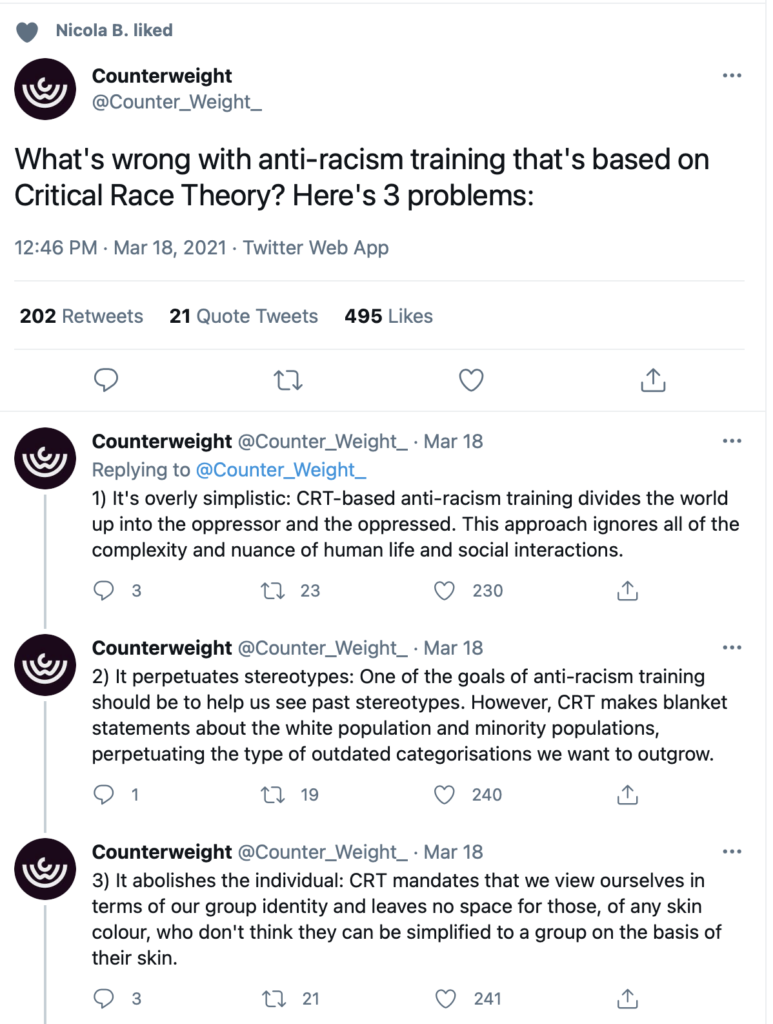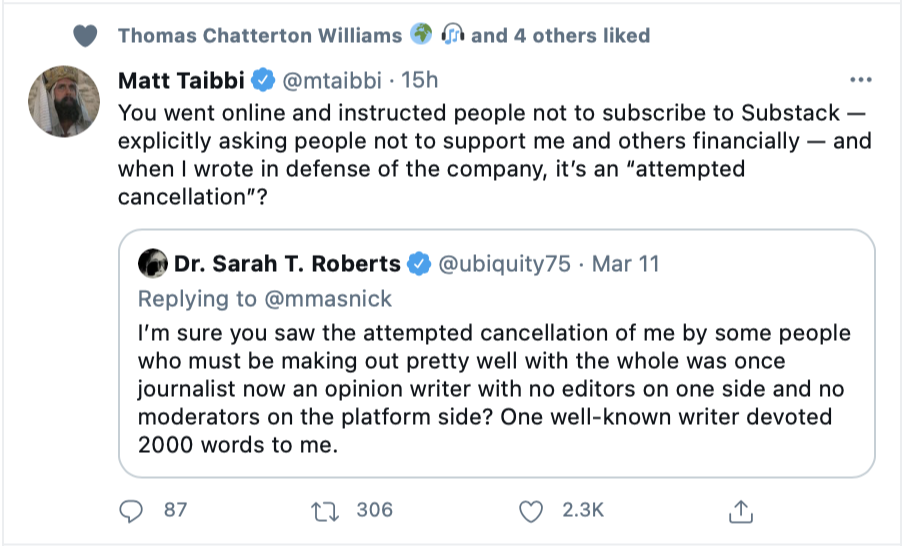Amazon sells most of the books sold in the U.S. This includes 72% of all adult new book sales online and 80% of ebook sales. With great power comes great responsibility, though. Amazon has now taken the brazen step of stopping all sales of Ryan Anderson's book on gender dysphoria, When Harry Became Sally, falsely characterizing it in the process. You cannot find Anderson's book mentioned anywhere on Amazon's website. Here's a few things that have recently come to light.
First, a March 16, 2021 article in the Wall Street Journal titled, "Amazon Won’t Let You Read My BookAn enterprising state attorney general might want to look into why it was withdrawn from sale now." Here's an excerpt:
In a letter last week to four U.S. Senators, Amazon justified its decision to delist “When Harry Became Sally” by claiming it frames “LGBTQ+ identity as a mental illness.” This recycled charge is as false now as when Mr. Bezos’ newspaper first made it.
. . .
Why would Amazon exercise its unrivaled market power to banish my book? Because the book is changing minds in a continuing debate about how best to help patients who experience gender dysphoria. “When Harry Became Sally” has been praised by medical and legal experts—and that’s what makes it unacceptable to the woke.
And, indeed, the false "mental illness" allegation was made by the Washington Post, then retracted (and the headline of the hit piece was rewritten) after the Post was unable to produce any evidence for that claim.
Here is an excerpt from the the website of the books publisher, Encounter Books:
Everyone agrees that gender dysphoria is a serious condition that causes great suffering. There is a debate, however, which Amazon is seeking to shut down, about how best to treat patients who experience gender dysphoria. When Harry Became Sally is an important contribution, praised by medical experts, to that conversation.
No good comes from shutting down a debate about important matters on which reasonable people of good will disagree. Amazon is using its massive power to distort the marketplace of ideas and is deceiving its own customers in the process.
—Ryan T. Anderson, author When Harry Became Sally and Roger Kimball, Publisher, Encounter Books
Encounter then indicates why Amazon's conduct should matter to all of us, linking to Amazon's own statement for why it refuses to sell Anderson's book:
Encounter Books is committed to publishing authors with differing views on a wide range of issues of public concern. We do this because a free society requires robust debate and spaces where dissenting opinions can be expressed unimpeded.
If Amazon, which controls most of the book sales in America, has decided to delist a book with which some of its functionaries disagree, that is an unconscionable assault on free speech. It will have a chilling effect on the publishing industry and the free circulation of ideas. It must not be left to stand unchallenged.
Note: Ryan T. Anderson, Ph.D., is the President of the Ethics and Public Policy Center, and the Founding Editor of Public Discourse, the online journal of the Witherspoon Institute of Princeton, New Jersey. I would like to read Anderson's book for myself, so I have ordered it from Encounter Books. I would assume that a lot of people would like to decide for themselves, rather than allow Amazon to dictate what they should be reading.
There is also a bit of personal context for my grave concerns about Amazon decision to censor us. None of us should be subjected to any form of a Nanny-State. After the Suess uproar, Amazon dictated that I could not have a book that I had previously purchased from Amazon: And to Think That I Saw It on Mulberry Street. I wanted to see that book for myself to determine whether it was inappropriate. It is not for any other person or entity to tell me what ideas are appropriate for me. Here is Amazon's cancellation email for the Suess book.


